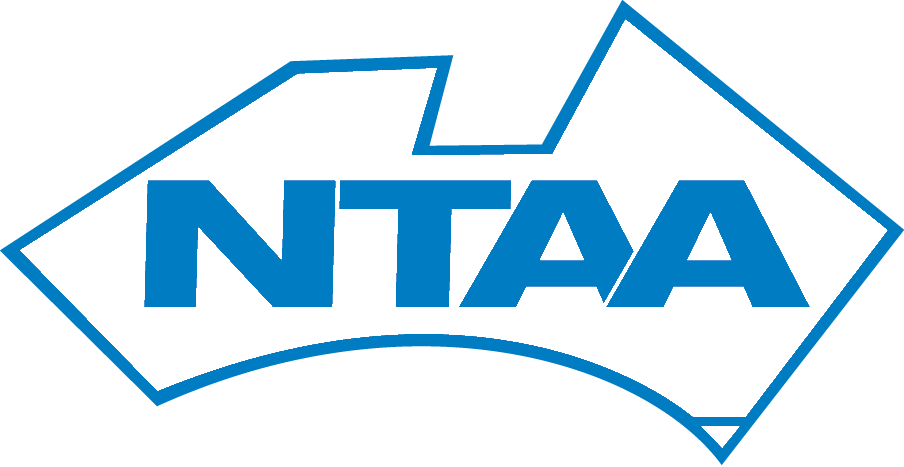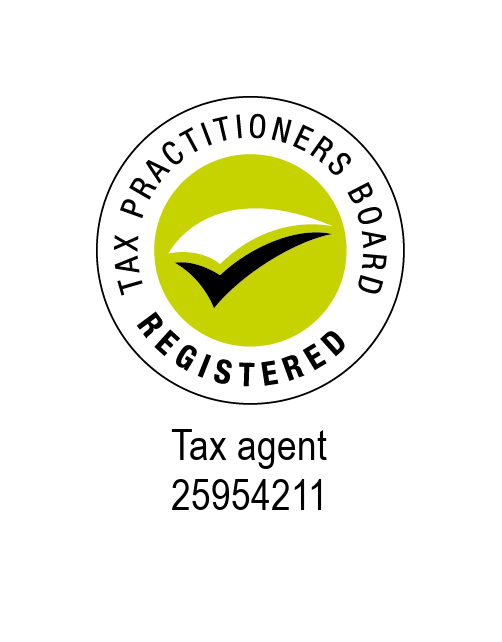As seen in Woopi News September 2023
Many businesses have taken advantage of the ATO’s accelerated depreciation concessions in recent years by purchasing vehicles and claiming the business portion in full using the temporary full expensing method, the instant asset write off or deducting the balance of their small business depreciation pool. It is important that business owners understand the tax implications when they later dispose of these assets.
When a vehicle is disposed of a taxable adjustment or balancing charge can arise, this is the difference between the amount received and any cost remaining which hasn’t already been claimed as a tax deduction. As most businesses have claimed the depreciation in full, in most circumstances the proceeds from the sale effectively give the business a “refund” of the previous depreciation claims and this results in a profit which is assessable income.
If your business is registered for GST, you will also need to account for GST when you dispose of a vehicle. GST applies on the sale even if GST was not claimed when the vehicle was purchased or when sold to an individual as a private sale.
Any taxable amounts or GST payable on the disposal of a vehicle should be calculated using the business use percentage, for example if your logbook for a vehicle is 80% business use, only 80% is assessable and subject to GST.
If the original purchase of the vehicle was subject to the car cost limit (limit of the deductible amount set by the ATO in the year of purchase), the sale proceeds are also proportionately reduced by the ratio which compares the cost limit plus costs added to the car after purchase to the actual cost.
Please consult with your accountant if you have any questions when you decide to sell, trade in, or transfer your business vehicles.
Anita Perrett - StaySharp Accounting
“Liability Limited by a scheme approved under Professional Standards Legislation”









